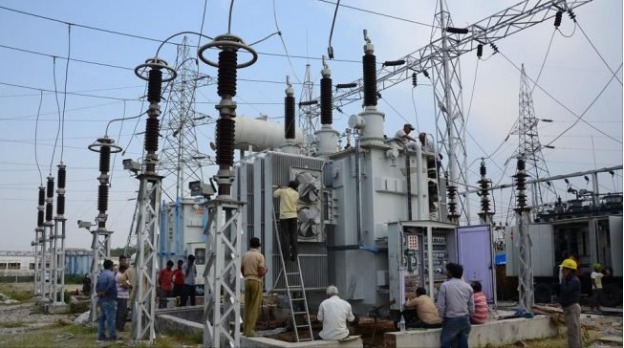The Management of Abuja Electricity Distribution Company (AEDC), says the new electricity tariff will take effect from July 1, as part of measures aimed at improving its performance level in power supply within its jurisdiction.
The AEDC Managing Director, Mr Ernest Mupwaya announced this in a statement issued on Friday in Abuja, the nation’s capital.
He said that the review which had become overdue even before the outbreak of COVID-19 became necessary in view of radical changes in the macro-economic indicators such as inflation and foreign exchange.
Mupwaya explained that the new tariff was a total departure from the structure used in the past.
According to him, the tariff is predicated on the level of service available to customers in different clusters, especially in terms of hours of availability of electricity supply to specific geography within its franchise area.
The new tariff called the Service Reflective Tariff, has five tariff Bands A – E.

“While Band A are customers who have to 20 hours of supply and above, Band B is made up of customers who enjoy elrctricity supply for at least 16 hours but do so for less that 20 hours daily.
“Bands C & D are customers who enjoy electricity supply for a minimum of 12 hours but not up to 16 hours and a minimum of 8 hours but not up to 12 hours respectively.
“Band E are customers who receive electricity for less than eight hours,” he explained.
Mupwaya further said that customers within Bands A – D will experience a marginal upward adjustment in the cost of electricity,
He said that those in Band E will have their tariff frozen until the company could show an improvement in the level of service to the customers within the cluster.
“We have structured the new tariff regime in such a way that there can be fairness and equity both to the service provider and the customer.
“Embedded in the new tariff regime is an incentive for the service provider to speedily ramp up performance to 24 hours in all clusters
“So that it can draw from the benefit of economics of scale associated with numbers, volume and other parameters within its geography,” he said.
The Managing Director said that the Nigerian power sector had no doubt arrived at a critical juncture as it heads for the point where it could serve as a catalyst for industrial and economic growth of the nation.
He said that the electricity value chain – Gas Companies, Generation Company, Transmission Company of Nigeria (TCN) and Distribution Companies could only improve where investment and recovery were at par.
“And the investor has the opportunity for a marginal compensation for his investment,” he added.
Source: VON
















